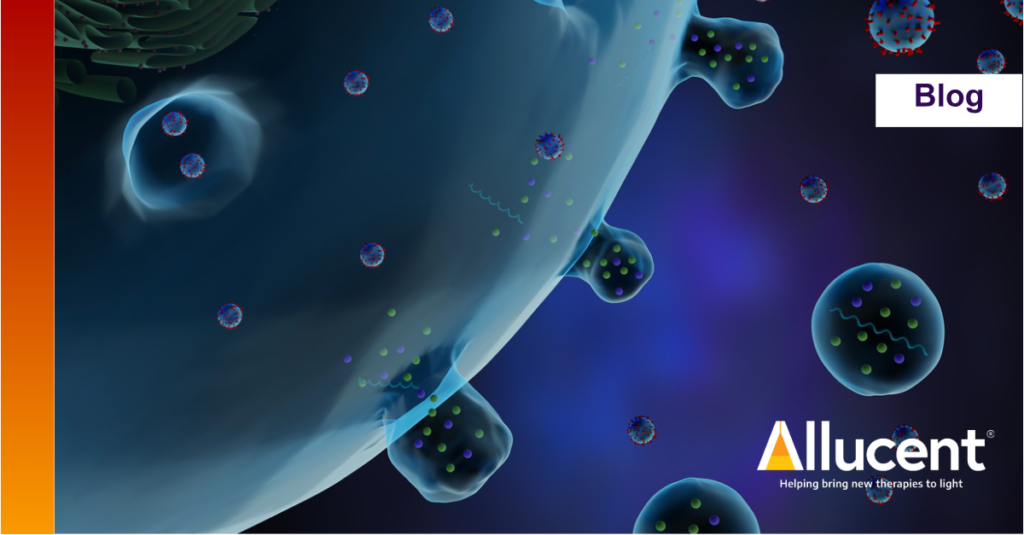Neurotoxic Risks in Therapeutics: Nonclinical Considerations

By Marcus Delatte, PhD (VP, Regulatory Strategy), Rachel Rozakis, PhD (Sr. Clinical Pharmacologist), Devin Welty, PhD (VP, Clinical Pharmacology), and Alison Wakeford, PhD (Nonclinical Scientist I) Introduction Central nervous system (CNS) toxicity is a major reason for failure of drugs developed to target this system and others. Therefore, the early detection of potential CNS toxicities […]
Risk Assessment of Novel Neurotherapeutics: Mechanistic Translation of Preclinical Safety and PK/PD Data to a Clinical Setting
Risk assessment is a complex process intended to protect human health. In drug development, this process includes identifying drug candidate-related hazards in relationship to dose and exposure via traditional in vitro and in vivo frameworks. Nonclinical studies in pharmacology, pharmacokinetics and toxicology are designed and conducted under conditions that closely mimic the clinical setting to facilitate proper risk assessment. The introduction of […]
Cell and Gene Therapy Advancements: Early-Stage CMC Strategies for Exosome Innovation

By Marites T. Woon (Associate Director, Nonclinical), Mialy Ramaroson (Director, CMC), Jessica Lee (Principal, Global Head Cell & Gene Therapy) Welcome back to our exploration of the transformative world of exosomes in the second installment of our blog series. In our initial dive, we uncovered the intriguing potential of exosomes as dynamic messengers in intercellular […]
Exosomes: Unveiling Their Potential in Cell and Gene Therapy
By Marites T. Woon (Associate Director, Nonclinical), Mialy Ramaroson (Director, CMC), Jessica Lee (Principal, Global Head Cell & Gene Therapy), William Lee (Vice President, Regulatory Affairs), and Richard Stewart (Vice President, Nonclinical) Welcome to our three-part blog series on exosomes, the fascinating messengers of the cellular world. In this captivating exploration, we delve into the […]
Nonhuman Primates (NHPs): FDA Issues Guidance for Use in Nonclinical Safety Studies

By Alison Wakeford, PhD, Scientist, Allucent Richard Stewart, PhD, VP Nonclinical, Allucent Marcus S. Delatte, PhD, VP Regulatory Strategy, Regulatory and Drug Development Consulting, Allucent The Food and Drug Administration (FDA) issued a final guidance on 4 February 2022 to address the constrained supply of nonhuman primates (NHPs) for nonclinical safety assessments. As part one […]
Risk Assessment: Traditional and Novel Approaches to Assess and Manage Risks
Risk assessment is a complex process intended to protect human health by identifying drug-related hazards, determining dose-response relations for a product within relevant biological systems, and assessing exposure levels to characterize potential risks. These assessments may be conducted via traditional frameworks using data from in vitro and in vivo studies, as well as novel frameworks using pharmacokinetic and pharmacodynamic model-based […]
A Snapshot of Gap Analysis
When building a successful regulatory strategy, it is critical to keep the end objectives in mind and design a process that is tailored to your specific product. Planning for regulatory requirements can help you avoid non-compliant practices from the very beginning, but how do you make sure your strategy is comprehensive? The answer may be […]
Inspection Readiness: What is it, why it matters, and what you need to know to be prepared
Organizations must have inspection readiness since inspections can be unannounced or come at any time. Good Clinical Practice (GCP) inspectors use different approaches depending on the regulatory authorities for which they represent; however, all of them will verify the compliance status on GCP and other applicable regulations during the inspection. Planning ahead to anticipate all processes are compliant means an organization […]
The Multifaceted Role of the Nonclinical Expert at the Center of Drug Development Teams
By Marcus Delatte, PhD (VP, Regulatory Strategy) and Laura Erwin, PhD Product development teams getting started on preclinical exploration of a potential treatment need a certain set of specialists on board. Key roles include scientists, clinical strategist, project manager, regulatory affairs director, and a nonclinical expert, a primary authority on product safety. In fact, inclusion […]
What are Good Laboratory Practices (GLP) for Nonclinical Studies?
Good Laboratory Practices (GLP) provide regulations and the standard by which drug safety studies are conducted in nonclinical animal studies. In addition to ensuring the ethical treatment and welfare of animals, adhering to GLP regulations gives sound evidence of the validity, integrity, and reliability of nonclinical safety data. This nonclinical safety data will ultimately be […]
